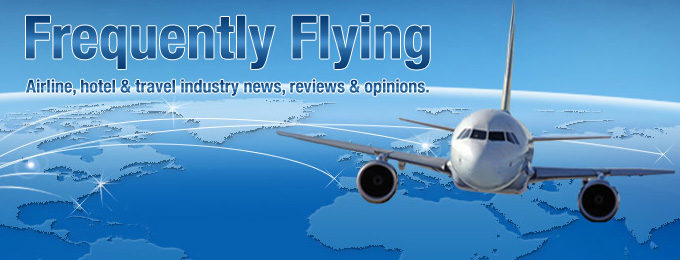The enhanced airline passenger protections I blogged about in April went into effect yesterday, specifically:
- Airlines will be required to refund any baggage related fee if a checked bag is lost. Don’t get too excited, though… it only applies if the bag is actually lost (i.e., never found), not delayed. Current policies will remain in effect for further compensation due to loss, damage or delay set under each carrier’s contract of carriage.
- The “no more than four-hour” tarmac delay policy for U.S. airline international flights will now be extended to include those flights of foreign airlines at U.S. airports. For domestic flights, the existing three-hour rule in place only at large- and medium-hub airports has been expanded to include small- and non-hub airports. An exception still applies, though, in cases of “safety, security or air traffic control-related reasons.” Adequate food and water must be provided after the first two hours of any tarmac delay and working lavatories and medical equipment must always be present.
- Denied boarding compensation, namely those who are involuntarily removed from a flight and didn’t volunteer, has been increased to allow double the one-way price of tickets for short delays (2 hours domestically, 4 hours internationally) up to $650, and four times the one-way price for longer delays up to $1,300.
- Finally, airlines must disclose all optional fees on their websites to include fees for checking bags, meals, changes and cancellations, seat assignments, and upgrades. Both American and United now have dedicated pages fully detailing these fees. I’m sure the other carriers do, as well, but I haven’t checked as of this posting.
Additional rules are scheduled to go into effect January 24, 2012, but airlines are actively challenging these for a variety of reasons (separate blog post on that forthcoming), which include:
- All taxes and fees must be included in advertised fares.
- Post-purchase price increases are prohibited (sorry Spirit).
- Reservations can be held without payment, or cancellations allowed, for 24 hours after the reservation is made.
- Baggage fees must be disclosed when booking a flight, as well as on e-ticket confirmations.
- Prompt notification of delays planned to exceed 30 minutes.
This is a step in the right direction, but many of the policies are still hotly contested and open for interpretation.


I noticed the new page on American’s website detailing all their fees and charges. I thought they were doing it in order to be more transparent in the way they communicate these costs to their customers, I didn’t realize that it was because of new regulations that the did it. Sigh….
When they included the ridicules price of the Megabite Chocolate Chip cookie I should have known that the government was making them do this. No airline would be that transparent if they weren’t being forced:-)
Exactly. There’s no way they’d be so thorough with fees on a single page unless forced to do so.
Will new rule about advertising all fares with fees and taxes apply to the website when choosing flights? I know United used to (a few years ago) show all taxes and fees when selecting flights, but since everyone else just showed the fare they went to that and adding taxes and fees at the end.
Hi Kris,
The new rule you’re referring to is for advertised prices, like those found on United’s homepage (e.g., Boston’s on sale from $490.40*) The asterisk in this case should reveal that the advertised price includes all taxes and fees, whereas previously it would only advertise the base fare without taxes. This is where the airlines are contesting this requirement. A no-status flyer here will incur baggage fees if they check a bag, whereas a Premier and above won’t. Which price will the airline be required to advertise? There’s more to it than that, but I bet we’ll see revisions before the January go-live for the next round.